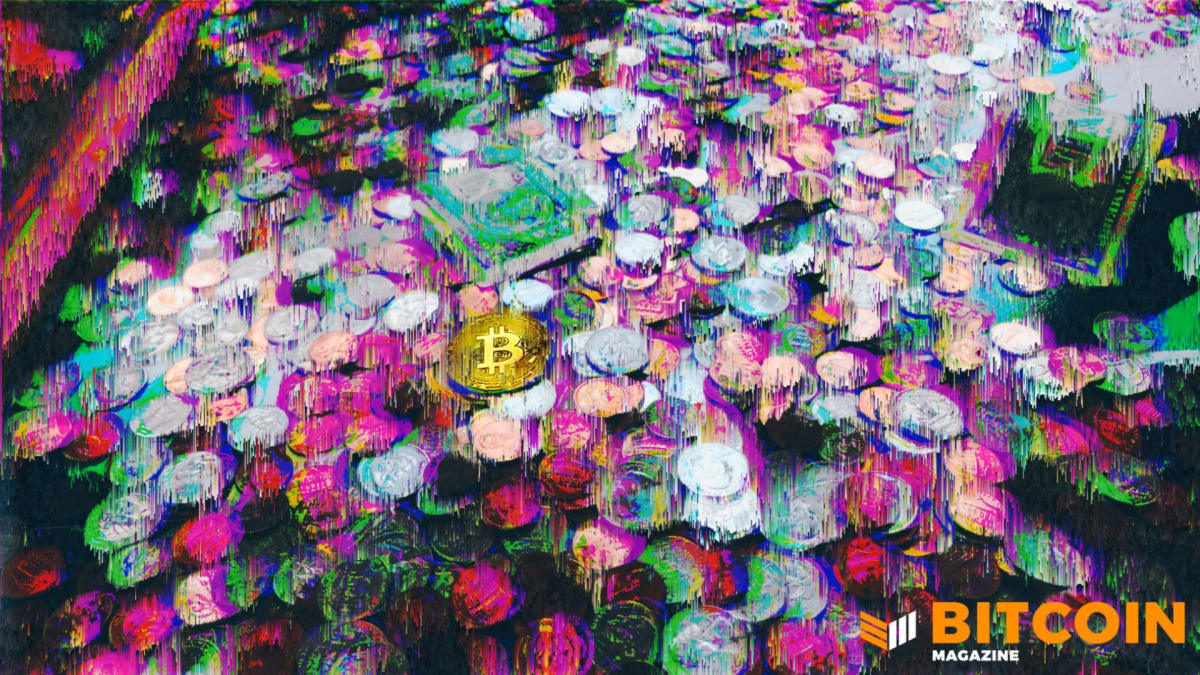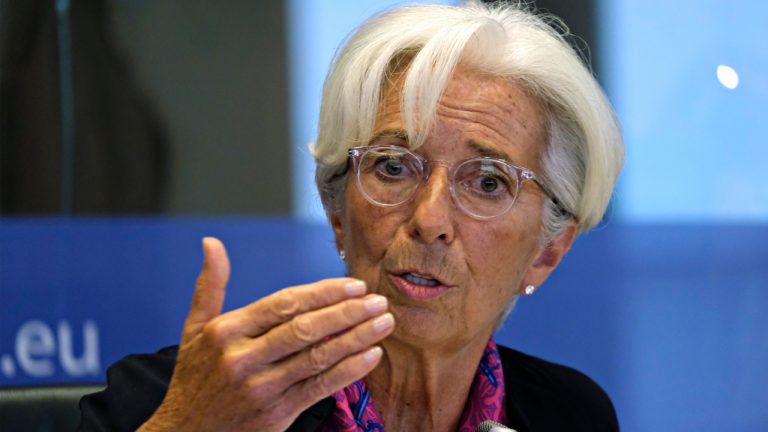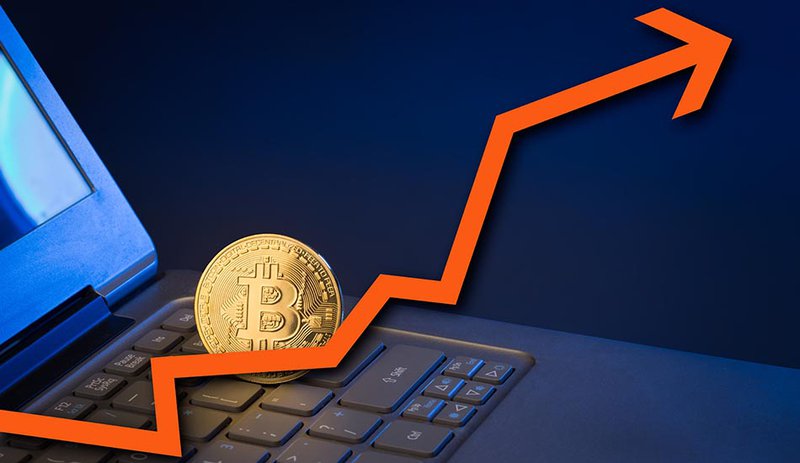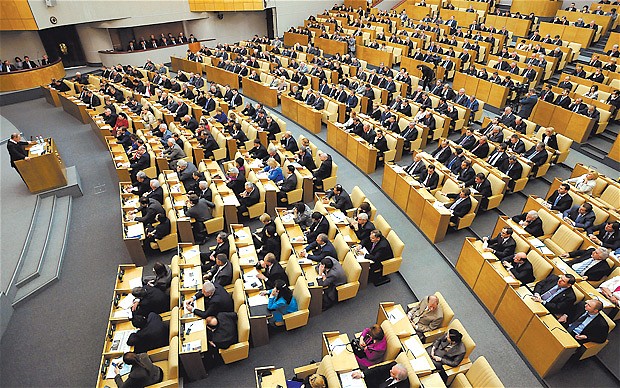
2022-2-11 17:58 |
Discussing the latest central bank news, emerging financial risks in Europe, Japanese inflation and more.
Watch This Episode On YouTube
Listen To This Episode:
AppleSpotifyGoogleLibsynOvercastIn this episode of Bitcoin Magazine’s "Fed Watch," we got an update on the European Central Bank (ECB), used a candy to make the Bank of Japan interesting and we talked about recent troubles with BlockFi and bitcoin lending.
"Fed Watch" is a podcast for people interested in central bank current events. Bitcoin will consume central banks one day, so understanding and documenting how that is happening is where this show lives.
Inflation In EuropeEuropean inflation numbers for January 2022 came out this week, and set another Euro-era record at 5.1%, up from 5.0% in December. This consumer price increase of 5.1% must be put in context of the worst energy and supply chain crisis in two generations.
The price of natural gas and electricity have exploded in Europe, which has a trickle-down effect on most prices in the economy. These price increases are not a direct side effect of money printing, they are a direct effect of the pandemic response of nearly shutting down the global economy for two years.
We attempted to play the below two-minute clip of President Lagarde speaking about inflation, but the audio on the live stream wasn’t set up properly. You can also find the full length press conference here.
Comparing The Politics Of The ECB And Federal ReserveI spent some time on the podcast comparing the highly-produced press conference style of the ECB to that of the Federal Reserve. ECB President Christine Lagarde appears to have a checklist of special interest groups that she must mention and placate. It strikes me as a political process, whereas Federal Reserve Chair Jerome Powell strikes me as much more concerned about the economics.
It is a central part of the Federal Reserve to stay fiercely independent from politics, as seen in the Sarah Bloom Raskin interview in front of the Senate Banking Committee. Her progressive views were on trial, and they wanted to make sure she wouldn’t be bringing her politics to a job at the Fed. The European Central Bank, on the other hand, conflates politics as part of its mandate.
European Policy Guidance For 2022In the press conference, Lagarde said the bank would let its quantitative easing (QE) programs run their course and finish up in late March to early April. That was not surprising. However, what did surprise the market was the fact that Lagarde would not repeat her statement from December’s press conference where she said the ECB would not raise rates in 2022.
The reason the market didn’t like this seemingly small detail is because it makes the ECB appear capricious. Compared to Powell, where he made his pivot and doubled down on it later, Lagarde does not give the sense of being confident in her opinions or evaluation of the economy. I attribute this to the overly-politicized ECB, by the way. It is unable to focus on a clear mandate, because its policy is being pulled in political directions.
European Credit Spreads And Redenomination RiskThis is where I tied all these things back to bitcoin. Credit spreads in Europe have been spiking recently. France’s five-year credit default swap (CDS) is priced at 20, Italy's at 103, Spain's 40 and Greece's at 127. As the spread between these CDS contracts widens, investors face an increasing implied redenomination risk (with a possibility of an exit from the euro).
Over the last couple of weeks, as these CDS spreads have increased, so has the price of bitcoin. Greg Foss talked about this when he came on "Fed Watch" a couple of months ago. As sound money without counterparty risk, bitcoin should correlate with CDS prices and the redenomination risk in Europe.
I’ll be watching these prices closely for any correlation in the coming months, but it is a good sign for bitcoin that it performed positively as stresses in Europe have increased this week.
JapanThe Bank of Japan (BoJ) has been the most consistent over the last few decades. It has done the most QE by far of any central bank, yet it struggles with low growth, low inflation, low interest rates (these things always go together by the way, as I wrote here).
After three decades of ultra-low inflation, I read a story about Umaibo, a snack item in Japan, that has been selling for 10 yen a piece for 40 years, but is raising their price now to 12 yen. Gasp, the horror.
Some people think this development, along with the recent creeping up of the 10-year Japanese Government Bond rate to 21 basis points (BPS) is a sign that inflation might be coming to Japan, too.
I highly doubt it. The amount of QE the BOJ has done over the last 20 years puts the Federal Reserve to shame, and is not stimulus. Long-term QE actually hangs over the economy as a wet blanket on any growth. Just compare the three major central banks — the Fed, the ECB and the BOJ. Their CPI inflation rates are in opposite order to the ranking of the central bank balance sheet as a percent of GDP. The more QE a central bank does, the lower the CPI inflation rate.
Bitcoin’s Credit Market And BlockFiWe ended the show this week by talking about the nascent bitcoin credit market. A central player in this ecosystem is BlockFi, and it has been at the center of a growing scandal in bitcoin.
A post on the company's own subreddit went viral. In the post, an individual relates that BlockFi called in his loan due to the bitcoin he used having a history of mixing. It is a very bad sign for many BlockFi customers, who probably mix their coins as part of a routine in good financial hygiene.
Another development this week is the raising of minimum withdrawal limits from BlockFi. Again, via the company’s subreddit:
“At this time we are only supporting wire withdrawals of $50,000 USD or more for US-based clients, or $5,000 USD for international. Since we don't support ACH withdrawals for international clients at this time, I might recommend withdrawing to a different platform/exchange that can. This is specifically why we offer 1 stablecoin (plus BTC or LTC) withdrawal per month.”
–u/Brandon_BlockFi, Community Manager
Lastly, BlockFi has downgraded its interest terms to very low levels. The new tier one (less than 0.1 BTC) offers 4.5%. However, if you were to have the over-the-minimum-withdrawal amount of $50,000, you’d be in tier three (more than 0.35 BTC), earning only 0.1% on your bitcoin.
Something is very fishy about what is going on at BlockFi. There are alternatives in the bitcoin ecosystem. Ledn is one, Hodl Hodl is another. Be very careful with bitcoin lending.
origin »Japanese Yen (JPY) на Currencies.ru
|
|























